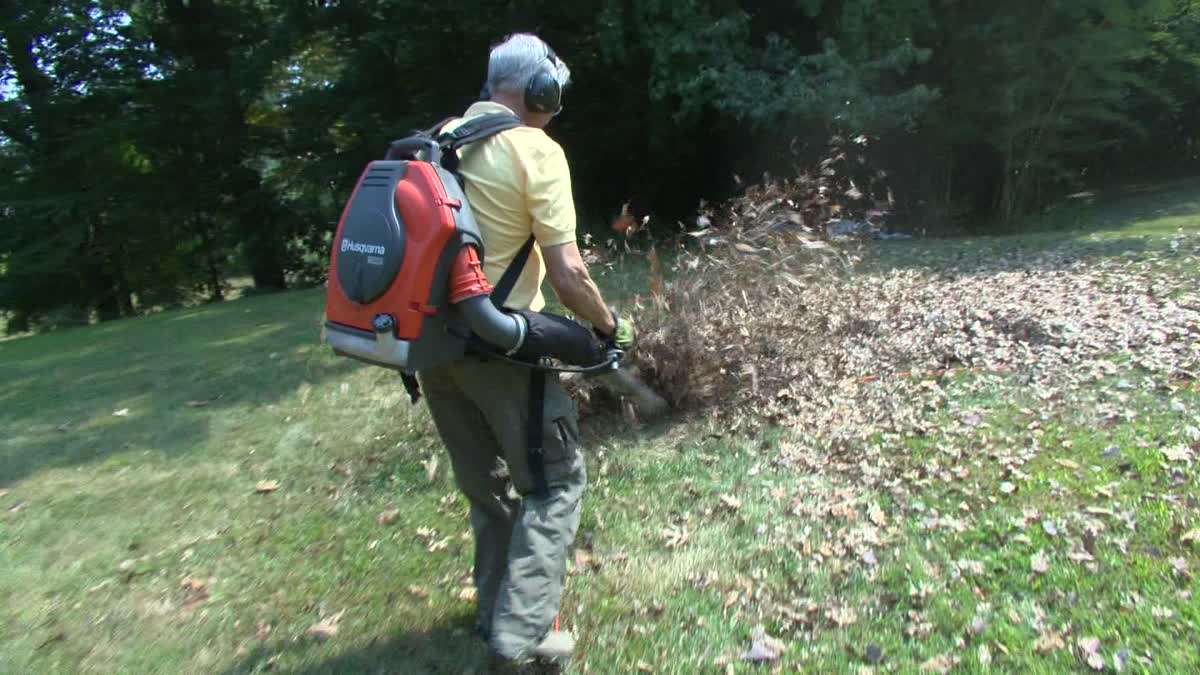While there were only a handful of severe thunderstorms across the Chicago area on Wednesday night, several locations reported storm damage, and a series of flash flood warnings have been issued after several inches of rain fell across the region.
According to the National Weather Service, a flash flood warning will be in effect in parts of Kane, DuPage, Kendall and Will counties until 3 a.m.
The NWS estimates that up to two inches of rain had fallen in a period of just a few hours on Wednesday, and 1-to-3 more inches of rain are possible before the flood warning expires.
Another flash flood warning is also in effect for central Cook County and eastern DuPage County until 10:30 p.m.
Feeling out of the loop? We'll catch you up on the Chicago news you need to know. Sign up for the weekly Chicago Catch-Up newsletter here.
At least 1-to-3 inches of rain have fallen in those locations, but another 1-to-2 inches of rain are possible, with flooding reported in suburban Darien.
Crews were seen out in the community near 79th and Farmingdale Drive, and crews were expected to continue work as rain keeps falling.
A third flash flood warning was issued for southeastern Cook County, southeastern Will County and northeastern Kankakee County in Illinois until 3:15 a.m., along with Lake and Porter counties in Indiana.
Local
Some locations reported more than 3 inches of rain in those communities, according to radar estimates.
In suburban Oak Brook, where a severe thunderstorm warning was issued for a practically stationary storm Wednesday afternoon, ComEd crews were called to an area near 31st and Oak Brook Hills due to downed power lines and broken trees. Hundreds of customers were left without power because of the storm, and damage could be seen up and down the roadway.
More thunderstorms are possible Thursday in the area, with most of Illinois and Indiana currently under a “marginal” threat of severe weather, according to the Storm Prediction Center.
Temperatures should be somewhat cooler on Thursday, ending a run of three straight days of heat indices approaching or exceeding 100 degrees.



